
1. For anyone who's ever eaten at McDonald's: Fast Food Nation by Eric Schlosser


If you read anything on this list, make it this. Though published 14 years ago, Fast Food Nation is no less relevant today, giving voice to the hardworking men and women behind the millions of nuggets, patties, pies, and fries that we continue to so mindlessly consume.
2. For anyone who's ever eaten emotionally: Born Round by Frank Bruni


Like many of us, Frank Bruni has long struggled with his weight. But what happens when the former chief restaurant reviewer for the New York Times turns a critic's eye on his own eating habits? Born Round is equal parts heartbreaking and funny, a four-star read.
3. For anyone who's wondered: Why We Get Fat: And What to Do About It by Gary Taubes

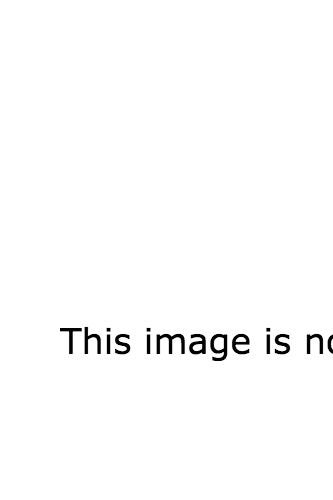
Science writer Gary Taubes brings his degrees in physics, aerospace engineering, and journalism to the human body to explain how weight is more likely the product of our anatomy than our appetites.
4. For anyone who's been on Atkins or just really likes butter: The Big Fat Surprise by Nina Teicholz


Atkins may have been right all along. According to Nina Teicholz's research, the low-fat frenzy of the past half-century was based on bogus — if well-meaning — science. How this became federal policy and shaped generations of American dieting is a deeply compelling cautionary tale.
5. For anyone who still hasn't read Kitchen Confidential: Kitchen Confidential by Anthony Bourdain


Even 15 years later, Bourdain's remains the preeminent curtain-pull among epicurean exposés. Somehow, his down-and-dirty account of the madmen and -women behind haute cuisine doesn't detract from our enjoyment of the food. In fact, it might just make us enjoy it more.
6. For anyone who wishes Kitchen Confidential had been compressed into 24 hours: Sous Chef by Michael Gibney


Gibney takes two bold turns in this remarkable debut: 1) He limits himself to just 24 hours, and 2) he pivots to present it all in the second person. The result is an extra-urgent, in-the-trenches tumble through a day in the life on the line.
7. For anyone who liked Kitchen Confidential but wanted more sex and drugs: The Devil in the Kitchen by Marco Pierre White

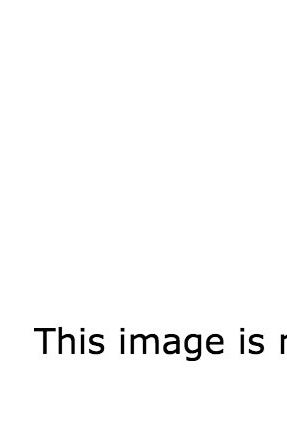
Perhaps the least polished and most profane of this list's memoirs, White's The Devil In The Kitchen is still a rollicking wild ride. Think Gordon Ramsey but more pissed off.
8. For anyone who dreads grocery shopping, or just wants help doing it: What to Eat by Marion Nestle

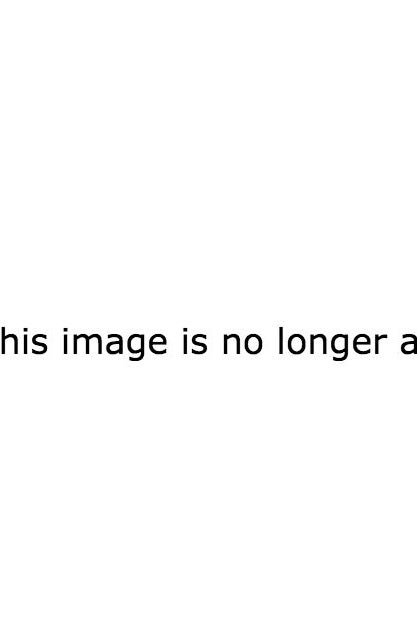
You know not to grocery shop when hungry, but do you know what to look for — and avoid — in each aisle? Marion Nestle's blow-by-blow guide to supermarket shopping is a godsend: a delight to read and easy to reference on the fly.
9. For anyone who wants to know why they hate tomatoes: Tomatoland by Barry Estabrook


Not all tomatoes are as bad as the ones you find in the supermarket. Estabrook tells us why and introduces us to the farmers — from Florida to Peru — who have worked to bring us the Big (bland) Red.
10. For anyone looking for a laugh with their Big Mac: Food: A Love Story by Jim Gaffigan


Gaffigan brings his trademark wit to our cultural cravings, waxing poetic on everything from Hot Pockets to Cinnabon. Food: A Love Story is written for the everyman — the hungry man — who remains suspicious of kale and enamored with bacon.
11. For anyone who thought Eat, Pray, Love was overrated and really just wanted Julia Roberts to open a kick-ass restaurant in New York: Blood, Bones & Butter by Gabrielle Hamilton


By far the best-written chef's memoir on this list, Blood, Bones & Butter is clearly the work of a pro. And it makes sense, seeing as Hamilton holds an MFA in fiction writing from the University of Michigan, in addition to her stints as a dishwasher, underage bartender, world traveler, and catering director. If you're ever in New York, her tiny restaurant, Prune, is worth a visit.
(Bonus good/bad news: The book has allegedly been optioned for a film adaptation, with Gwyneth Paltrow attached to play Hamilton.)
12. For anyone considering culinary school: The Making of a Chef by Michael Ruhlman


Don't let all these raucous, debauched restaurant memoirs fool you — being a chef takes hard work. Ruhlman's detailed look inside the Harvard of U.S. culinary schools is proof.
13. For anyone who likes to learn (and fail) on the fly: Heat by Bill Buford


If school's just not your thing, you might identify more closely with Buford's approach to the culinary arts. Bypassing any formal training — or even former restaurant experience — Buford jumped from his job at The New Yorker to the kitchen of Mario Batali's famed restaurant, Babbo. His resulting education is hectic, hard-won, and hilarious.
14. For anyone currently watching Fresh Off the Boat: Fresh Off the Boat by Eddie Huang


You might not recognize all of Huang's many punchy pop culture references, but that doesn't make Fresh Off the Boat any less fun. Whether discussing Asian-American stereotypes or soup dumplings in Taiwan, Huang writes with delightful verve. It's easy to see why this book translates so seamlessly to the screen.
15. For anyone who wants to know where these truly upsetting retro recipes came from: Something From the Oven by Laura Shapiro


Shapiro roves from the origins of Betty Crocker to the miracle of canned bread, showing how mid-century feminism and postwar technology united to produce bizarre foodie fads unlike any we've seen since.
16. For anyone wondering why Lunchables are still a thing: Salt Sugar Fat by Michael Moss


Investigative reporter Michael Moss reveals how big brands like Kraft, Coca-Cola, Lunchables, Kellogg, Nestlé, Capri Sun, Cargill, and Oreo have engineered our addiction to their products. His in-depth look at the strange science behind processed food is at once fascinating and terrifying.
17. For anyone who really really likes corn: The Omnivore's Dilemma by Michael Pollan
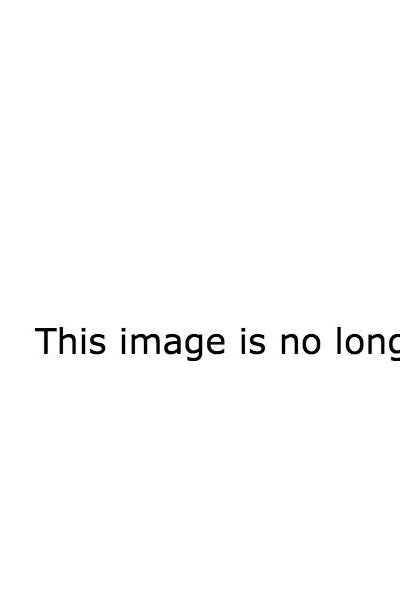

Michael Pollan is the king of contemporary food writing, swirling together history, science, and sociology with surprising élan. The Omnivore's Dilemma is essential reading for anyone trying to grasp the full scope of food in America, which, it turns out, is mostly made of corn.
18. For anyone who really likes Michael Pollan: Cooked by Michael Pollan


Seriously, this guy can write. In Cooked, Pollan invites us to learn alongside him as he masters the art of preparing food with the four classical elements — fire, water, air, and earth. So if you've ever consumed barbecue, bread, beer, or bourguignon and wondered how it all came to be, this book is for you.
19. For anyone with a casual Ph.D. in chemistry: On Food and Cooking by Harold McGee

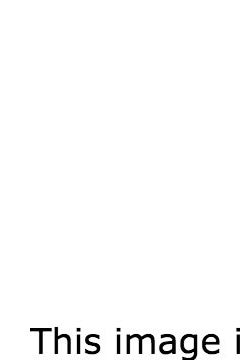
This is the brainier version of Cooked, with a legitimate "Chemistry Primer" appendix on molecular reactions and the like. But phases of matter aside, On Food and Cooking is a veritable kitchen bible, with how-to and tell-me-why chapters on everything from "The Problem of Legumes and Flatulence" to "Why Pain Can Be Pleasurable."
20. For anyone who wants to drool: The Art of Eating by M.F.K. Fisher


M.F.K. Fisher is the writer you probably haven't heard of but definitely should know. Whether she's describing a tiny restaurant in the French countryside or how to properly savor a tangerine — even how to boil water — Fisher's words practically drip from the page. The Art of Eating represents her collected works, a transcontinental record of how to best enjoy the simple pleasures of a meal.
Proof of her beautiful prose, and inspiration for any aspiring food writers out there: "It seems to me that our three basic needs, for food and security and love, are so mixed and mingled and entwined that we cannot straightly think of one without the others. So it happens that when I write of hunger, I am really writing about love and the hunger for it, and warmth and the love of it and hunger for it ... and then the warmth and richness and fine reality of hunger satisfied ... and it is all one."
21. For anyone contemplating going gluten-free: Grain Brain by David Perlmutter

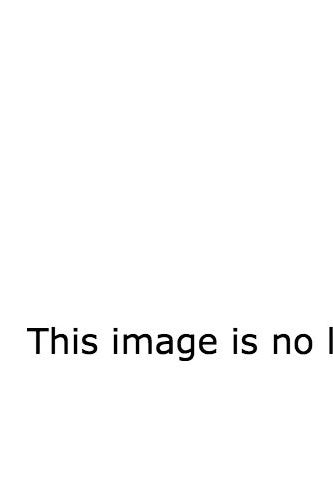
Definitely a pro-gluten-free screed, Grain Brain presents the science on the side of our most recent de rigueur diet. Great for those with celiac disease and gluten intolerance, and maybe better taken with a grain of salt by the rest of us.
For a more even-handed look at Big Bad Gluten, try Michael Specter's piece in The New Yorker.
22. For anyone who salts their watermelon: Salt: A World History by Mark Kurlansky


Another "wait till you hear where your _____ comes from" book, but somehow Kurlansky manages to make salt — yes, salt — a compelling protagonist. Who knew that this familiar, meek little mineral could have been the impetus for so many revolutions, conquests, and wars?
23. For anyone who wants to know what it really means to "live off the land": Animal, Vegetable, Miracle by Barbara Kingsolver


Having heard the virtues of Locavore and Slow Food diets endlessly extolled, Barbara Kingsolver decided to give it a try. Her whole-hog endeavor — transplanting her family from Tucson, Arizona, to rural Virginia, where they only consumed produce that they'd personally planted or raised — is drastic, but ultimately rewarding. She shows us how to reconnect with the land and ourselves, thinking mindfully about what we eat and how it's made.
24. For anyone who really identified with the critic in Ratatouille: Garlic and Sapphires by Ruth Reichl


How do restaurants actually earn their stars? Go undercover with renowned New York Times food critic Ruth Reichl to see how egos, infighting, anonymity, and authenticity co-mingle to determine the fates of restaurateurs and their reviewers.
25. For anyone wondering where the phrase "You are what you eat" comes from: The Physiology of Taste by Jean Anthelme Brillat-Savarin


Originally published in 1825, this weighty tome marks the birth of food writing as we know it. Brillat-Savarin's prose is definitely not for the faint of heart, but his hyperbolic quips make it all worth it. Some gems: "A dinner which ends without cheese is like a beautiful woman with only one eye," and "The discovery of a new dish does more for human happiness than the discovery of a star."
26. For anyone interested in the origins of Julia Child, James Beard, and our obsession with French cooking: Provence, 1970 by Luke Barr


Believe it or not, Julia Child wasn't the first person to try mastering the art of French cooking. Provence, 1970 introduces us to the cast of high-profile cooks that joined her in translating French cuisine to an American palate.
27. For anyone who liked My Life in France but wished it had been a little bit more Russian: Mastering the Art of Soviet Cooking by Anya von Bremzen


A lively and nuanced examination of life in the USSR vis-à-vis blini and borscht, Mastering the Art of Soviet Cooking represents the art of food memoir-ing at its finest.
28. For anyone who liked Mastering the Art of Soviet Cooking but wished it had been a little bit more Chinese: The Fortune Cookie Chronicles by Jennifer 8. Lee


Who was General Tso and why do we love his chicken so? Jennifer Lee digs deep into the history of Americanized Chinese food, shining a light on the daring deliverymen and renegade soy sauce barons who have forever changed the way we order takeout.
29. For anyone interested in an update to The Jungle and maybe never eating meat again: Eating Animals by Jonathan Safran Foer


Like Upton Sinclair before him, Jonathan Safran Foer wants us to think more critically about how we eat meat. His blend of memoir and reportage is persuasive, and the points he raises alarming.
30. For anyone feeling fishy about how we fish fish: Four Fish by Paul Greenberg


Landlubbers take note: You don't need to like fishing or seafood to appreciate this book. If you care at all about the oceans or the Earth, you'll take interest in Greenberg's sociohistorical account of an oft-overlooked and increasingly unsustainable industry.
31. For anyone who has no qualms about Columbus: Why We Eat What We Eat by Raymond Sokolov


This is, admittedly, a deep cut into the food writing archive. But the crux of Sokolov's argument holds true: At the same time Columbus changed the course of human history, he sparked a quiet revolution in global gastronomy. Turkey, tomatoes, apples, corn, potatoes, and more began traversing the globe and permanently reshaping regional cuisine — in ways that we continue to take for granted to this day.
32. For anyone wondering what that new FDA food pyramid/ plate is all about: The Third Plate by Dan Barber


Pollan-esque in its ambitious scope, The Third Plate provides an updated portrait of the American food landscape. Barber studies under farmers, fishers, and "seedsmen" to understand how we might work to eat more sustainably.
33. For anyone in search of the quintessential up-from-nothing-and-now-I'm-famous memoir: The Apprentice by Jacques Pépin


If you don't recognize Jacques Pépin from his many PBS specials or 21 cookbooks, you're missing out on one of America's finest culinary superstars. The Apprentice charts the course of Pépin's life — from humble beginnings in postwar France to an illustrious teaching career in the spotlight — and is as charming as the man himself.
34. For anyone who really likes soul food: Soul Food by Adrian Miller


Culinary historian Adrian Miller dissects Southern cuisine dish by dish to see how we arrived at the rich spread of chicken, chitlins, cornbread, and yams that compose soul food today. His sharp analysis of culture and race is entertaining and invaluable, forcing us to pause and think about the tangled social history of our favorite foods.
35. For anyone who actually just came here looking for a novel: Heartburn by Nora Ephron


This is the late, great Nora Ephron's first novel, a thinly veiled autobiography of her marriage that fell spectacularly apart. Where does a frustrated cookbook author turn when she finds her husband is in love with another woman? To food, of course. Heartburn's mix of humor, heartbreak, recipes, and revenge is an addictive delight.
